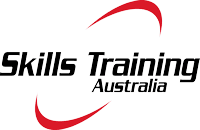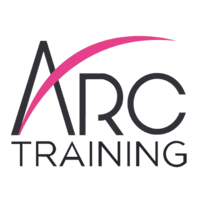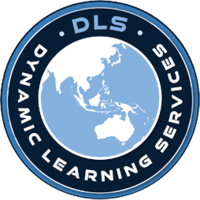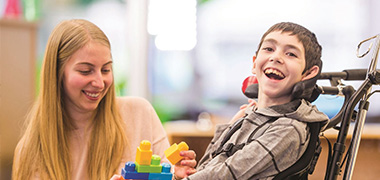
This role has a moderate level of AI exposure. AI can enhance efficiency for some tasks, but this job still relies on human skills and decision-making.
Explore all careersA Home Carer supports people with additional needs at home, assisting with daily tasks, personal care, and accompanying clients to appointments.
Get qualified to work as a Home Carer with a course recognised across Australia. Speak to a training provider to learn more.


















































In Australia, a full time Home Carer generally earns $1,190 per week ($61,880 annual salary) before tax. This is a median figure for full-time employees and should be considered a guide only. As you gain more experience you can expect a potentially higher salary than people who are new to the industry.
 Courses.com.au Team
Courses.com.au Team
Employment numbers in this industry are expected to grow strongly in coming years. There are currently 288,200 people working in this field in Australia and many of them specialise as a Home Carer. Home Carers may find work across all regions of Australia.
Source: Australian Government Labour Market Insights
 Courses.com.au Team
Courses.com.au Team
A Certificate III in Individual Support is an ideal qualification if you’re planning a career as a Home Carer. This course will give you the skills to support elderly people, people with a disability or other vulnerable clients. You’ll cover topics including communication, ethics, interpersonal skills and personal safety. Other suitable qualifications include a Certificate III in Individual Support (Disability), Certificate III in Individual Support (Ageing), Certificate III in Individual Support (Ageing, Home and Community) or Certificate III in Individual Support (Home and Community Care).
 Courses.com.au Team
Courses.com.au Team
Browse occupations related to Home Carer



If you're looking to embark on a fulfilling career in the aged care and disability sectors, the variety of Home Carer courses in Australian Capital Territory offers an excellent starting point. With a total of 9 beginner-level courses available in this region, including essential qualifications tailored for those with no prior experience, you can gain the skills needed to support individuals in their daily lives. Some of the most sought-after courses are the Certificate III in Individual Support (Ageing) and the Certificate III in Individual Support (Disability), both structured to ensure you are well-prepared for a rewarding job role.
Training providers in the Australian Capital Territory, such as Quest Training Solutions and the Canberra Institute of Technology (CIT), provide these essential courses with a focus on developing hands-on skills and knowledge. Additionally, recognised institutions like Capital College and ACSE offer quality training designed to meet industry standards, ensuring you graduate with the competency to excel in the field of home care.
Among the highly relevant courses, you can explore the Certificate III in Individual Support (Ageing, Home and Community) and the Certificate III In Individual Support (Home and Community Care). These qualifications not only prepare you to provide compassionate support but also equip you with specialisation in community services, which can be a significant advantage in the job market. Completing one of these courses can lead you toward an enriching career path with opportunities in various settings across the Australian Capital Territory.
The Home Carer role intersects with vital fields of study, including Community Services courses and focused streams like Aged Care and Disability. Each of these categories plays a crucial role in enhancing the quality of life for individuals they support. Exploring these subjects further can set the foundation for a long-lasting and impactful career, tailored to your interests and strengths.
In summary, pursuing Home Carer courses in Australian Capital Territory can open doors to numerous employment opportunities within the vibrant community of caregivers. With a focus on vocational training by trusted providers, prospective learners are encouraged to consider the various courses available, including the Certificate III in Individual Support and its specialisations. By enrolling today and gaining recognised qualifications, you can take the empowering step needed to begin your journey in making a positive difference in the lives of others.